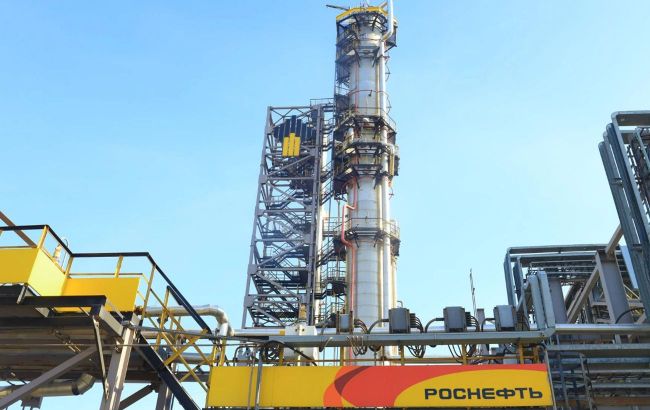The European Union will propose lowering the price cap on Russian seaborne oil when G7 finance ministers meet in Canada this week, according to European Economic Commissioner Valdis Dombrovskis.
“This is something which we flagged from the Commission’s side in the context of the 18th sanctions package,” Dombrovskis told reporters. “I would expect some interest also from other G7 partners in this regard and some discussion.”
While Dombrovskis did not specify the new proposed cap, EU officials briefed on the discussions told Reuters the Commission would suggest reducing it from the current $60 to $50 per barrel.
The price cap mechanism, established in December 2022, prohibits Western companies from providing shipping, insurance, and other services for Russian oil unless it sells below the set threshold. The measure aims to reduce Moscow’s revenue for its war in Ukraine while maintaining global oil supply.
Russia has largely circumvented these restrictions by developing a “shadow fleet” of tankers operating outside Western insurance markets. Reuters reported that Russian Urals crude traded above the price cap for most of the past year.
The price of Russian oil fell below the $60 threshold in early April 2025 amid broader market concerns about global economic growth following US tariff announcements.
Ukraine had initially requested a much lower cap of $30 per barrel when the mechanism was first introduced.
The G7 includes the United States, Canada, Britain, France, Germany, Italy and Japan, with the European Commission and eurozone finance ministers’ chair also participating in meetings.
Read also
- How Ukraine can win, p.2: The single drone target that could cripple Russia’s oil empire
How Ukraine can win, p.2: The single drone target that could cripple Russia’s oil empire
- US warns Russia: Ceasefire or face sanctions on central bank, oil export fleet
US warns Russia: Ceasefire or face sanctions on central bank, oil export fleet
- UK to sanction 100 Russian oil tankers in biggest ever shadow fleet crackdown
UK to sanction 100 Russian oil tankers in biggest ever shadow fleet crackdown




